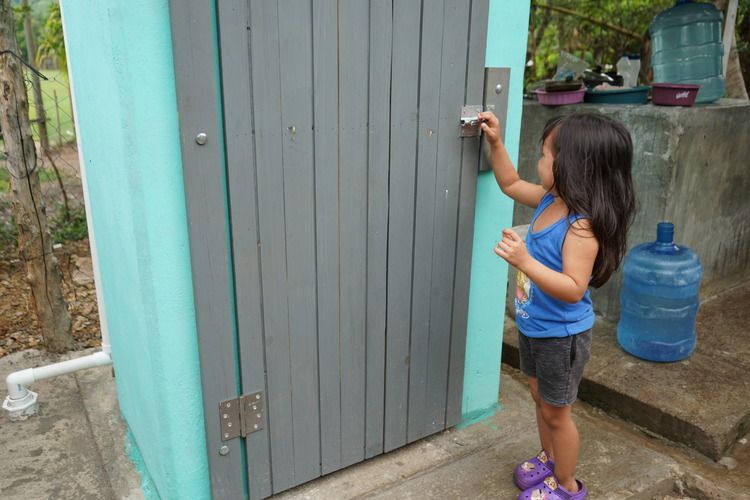 Stories
Stories
August 7, 2024 • 3 min read
Universal access to adequate sanitation services is a fundamental human right. However, an estimated 3.5 billion people still do not have access to safely managed sanitation, as of 2022. 1.9 billion people only have access to basic sanitation services, while 1.5 billion people are using limited or unimproved services. 419 million still practice open defecation.
What is Improved Sanitation?
Sanitation services can be categorised as safely managed, basic, limited, or unimproved. Safely managed sanitation refers to improved sanitation facilities that are not shared with other households and whereby human waste is treated in situ or offsite. For a sanitation facility to be considered “improved,” it must be designed to prevent service users from coming into contact with human waste. Examples of improved sanitation facilities include flush toilets connected to a piped sewer system or septic tank, septic tank pit latrines, ventilated-improved pit latrines, and pit latrines with a slab or composting toilets.
“Basic” sanitation refers to improved facilities that are not shared with other households, but aren’t considered to be safely managed. Meanwhile, “limited” sanitation refers to improved facilities that are shared with other households, including latrines designed for public use.
Unimproved sanitation refers to sanitation facilities that do not manage or dispose of human waste in a sustainable or hygienic manner. In vulnerable communities with unimproved sanitation, human waste is often disposed of in local waterways or on/in the ground. This poses a significant risk to the environment and to public health.
Improving Sanitation and Food Security
Keydin is a 26-year-old mother living in Sonaguera, a small community in Colón, northern Honduras. To earn a living, Keydin’s husband farms palm oil. However, he struggles to support his family’s basic needs on his very limited salary.
“We have been planning to build our own latrine for four years, but the economy didn’t allow it,” Keydin explains. The family shares a latrine with Keydin’s mother-in-law and five other members of their extended family. Sometimes, Keydin is forced to bury her family’s waste behind their home, when the latrine is unavailable or full.
GOAL is implementing the “Humanitarian Assistance for Food Security in Honduras” project, with funding from USAID. Global health experts are recognising that food security targets can not be met unless challenges related to water, sanitation, and hygiene (WASH) are also addressed. This project aims to improve food security in vulnerable regions of Honduras using a multipronged approach.
Communities that don’t have access to improved or safely managed sanitation facilities are at an increased risk of infectious disease outbreaks and other public health hazards. In vulnerable households, food can be easily contaminated when it comes into contact with dirty water, unwashed hands, and unclean surfaces. Recurring illness greatly limits the ability of a household to engage in formal employment or work of greater economic value. The absence of a stable income is a major risk factor for food insecurity.

Keydin’s youngest daughter with the family’s new latrine.
An Unexpected Blessing
When GOAL began implementing this food security programme in Keydin’s community, the mother described it as “a blessing.” With funding from USAID, 40 latrines were built in Sonaguera. “My daughters are now thrilled to have their own bathroom,” Keydin says, smiling.
To complement the construction of the latrines, GOAL teams also distributed multi-purpose cash assistance to vulnerable households, to support them in meeting some of their immediate basic needs. Households also received training on food hygiene, nutrition, and money management.
“With the money, we buy fruits, vegetables and cereals for our children. We also allocated part of it to repair our house and to the education of the children,” Keydin explains.
Adopting New Practices
The construction of the latrine has significantly improved Keydin’s quality of life. Not only does her family have access to a sustainable and environmentally friendly waste disposal solution, but they’re happier and more comfortable as well.
For the first time, Keydin’s young daughters can use a private, clean bathroom in their own home. The family’s youngest daughter learned how to use a toilet in their new latrine, marking a significant milestone in her development. Beyond improving the household’s health and hygiene, the latrine has also instilled a renewed sense of dignity, pride, and hope in Keydin’s family.
